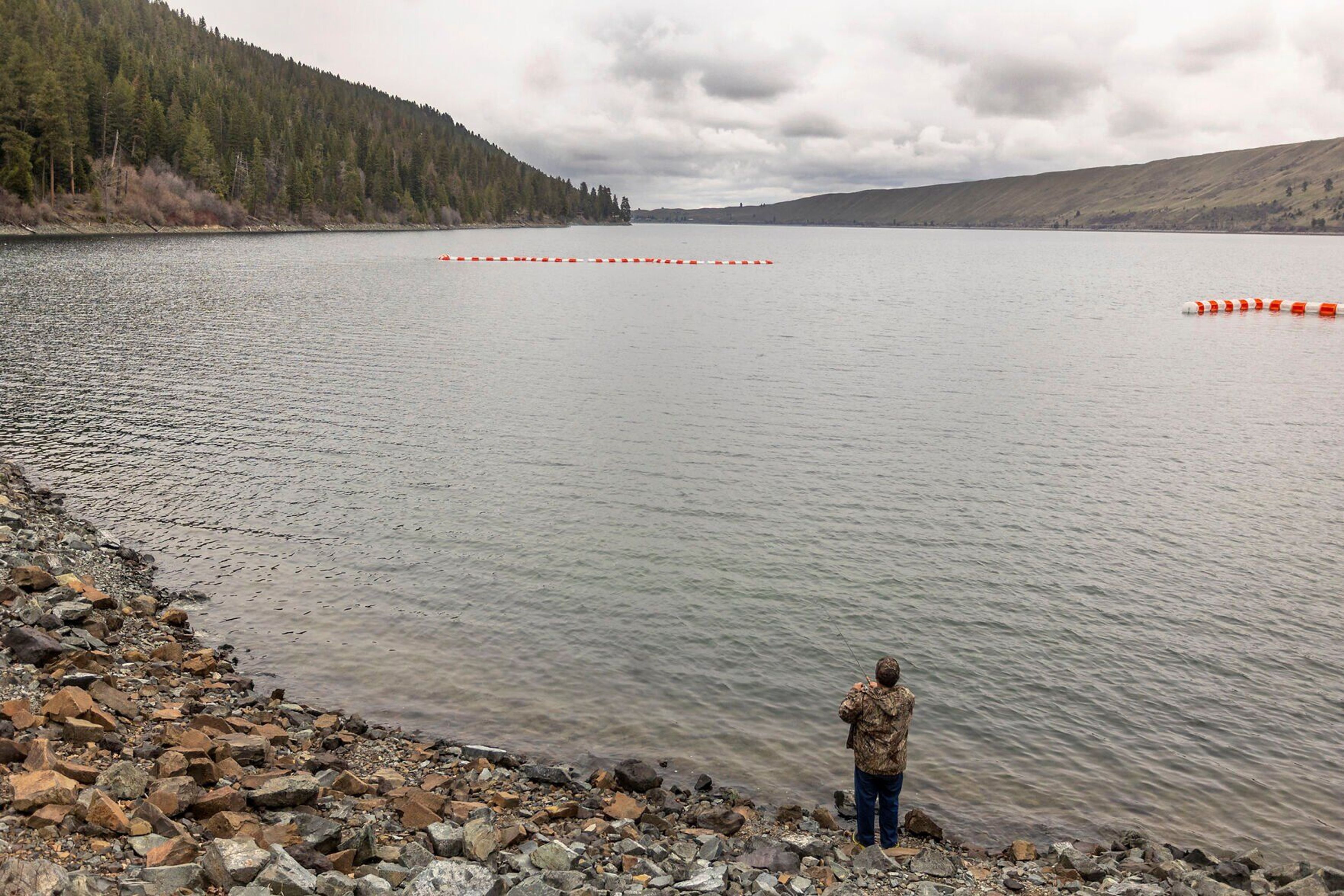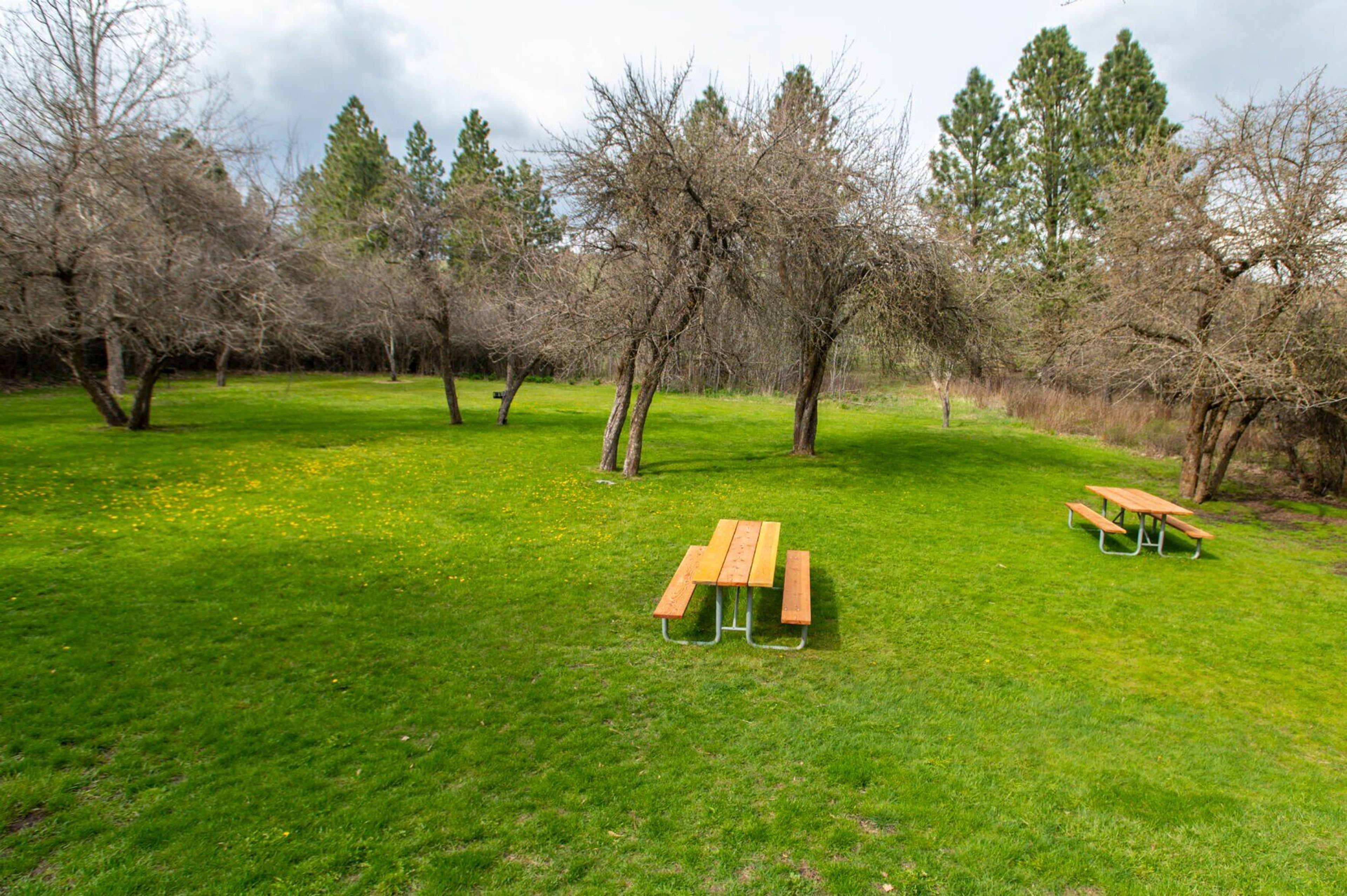Moscow OKs plan for using rescue act money
$750,000 to be designated for small businesses, nonprofits
The Moscow City Council on Monday unanimously approved a plan for allocating $5.5 million in American Rescue Plan Act money including $750,000 for small businesses and nonprofits.
The money is meant to provide COVID-19 relief money to local governments. Moscow received the first half of that money in June and will receive the second half in summer 2022.
The city has until the end of 2024 to obligate the money to certain projects and until the end of 2026 to spend it.
The city is planning to provide up to $750,000 starting next year for small businesses and nonprofits affected by COVID-19. It is still working to get a clearer idea of how many businesses and organizations will need this money.
The Partnership for Economic Prosperity is seeking responses to a survey on the effect of COVID-19 on regional businesses. The information gathered from the survey will be used when distributing American Rescue Plan Act allotments.
The city will accept applications from establishments who want the money, and the council will review those applications.
The council also plans to spend $1 million on stormwater infrastructure, including $600,000 for a new sewer jet truck. It wants to allocate up to $150,000 on its affordable housing program, as well.
The vast majority of the rescue act money — approximately $3.6 million — will be spent on constructing water transmission lines in the city, including downtown.
Also on Monday, the council unanimously agreed to opt into a settlement agreement with Johnson & Johnson and three major opioid distributors that could provide money for opioid addiction treatment.
According to the state, if enough local governments in Idaho opt into this settlement, the state could receive a maximum of nearly $120 million. At minimum, it will receive a little more than $64 million.
City Attorney Mia Bautista said when Moscow receives its allocation, 85 percent of it must be spent on opioid addiction remediation. It can be used for treatment, connecting people with the help they need, preventing overprescribing of opioids and preventing overdose deaths, among other uses.
According to statistics Bautista provided during Monday’s meeting, there were six opioid overdose deaths in Latah County in 2018. There were seven in 2017, two in 2016 and three in 2015.
City Supervisor Gary Riedner gave an update on funding for the planned new Pullman-Moscow Regional Airport terminal Monday.
The Moscow City Council has agreed to pay $2 million to help fund the project and the Pullman City Council indicated last week it is willing to do the same.
Riedner said Moscow’s payment will be phased and fully paid by the end of 2025.
Kuipers can be reached at akuipers@dnews.com.







